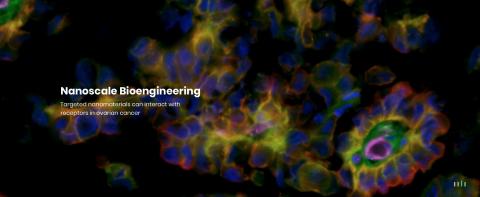Bernhard Palsson
Professor
Department of Bioengineering
University of California, San Diego
Seminar Information

After the first genome sequences appeared in the mid 1990s, genome-scale models of metabolism were formulated. By 2003 it was clear that these models would produce useful results and a vision was laid out to expand them in scope to include all cellular functions. By 2008 the entire protein synthesis machinery had been reconstructed and by 2012 integrated models of metabolism and protein synthesis had appeared. These models could compute the composition and cellular location of 80% of the proteome by mass. The remaining 20% of the proteome is being detailed and this largely consists of stress related responses. These models are now giving us comprehensive understanding of how proteomes are synthesized and optimally deployed. A deep understanding of 'proteometrics' is now being developed that will allow us to comprehensively understand the function and evolution of microbial organisms.
Bernhard Palsson is the Galletti Professor of Bioengineering, the Principal Investigator of the Systems Biology Research Group in the Department of Bioengineering, and a Professor of Pediatrics at the University of California, San Diego. Dr. Palsson has co-authored more than 400 peer-reviewed research articles and has authored four textbooks. His research includes the development of methods to analyze metabolic dynamics (flux-balance analysis, and modal analysis), and the formulation of complete models of selected cells (the red blood cell, E. coli, CHO cells, and several human pathogens). He sits on the editorial broad of several leading peer-reviewed microbiology, bioengineering, and biotechnology journals. He previously held a faculty position at the University of Michigan for 11 years and was named the G.G. Brown Associate Professor at Michigan in 1989, a Fulbright fellow in 1995, and an Ib Henriksen Fellow in 1996. He is the author of 40 U.S. patents, the co-founder of several biotechnology companies, and holds several major biotechnology awards. He received his PhD in Chemical Engineering from the University of Wisconsin, Madison. Dr. Palsson is a member of the National Academy of Engineering and is a Fellow of both the AAAS and the AAM.
